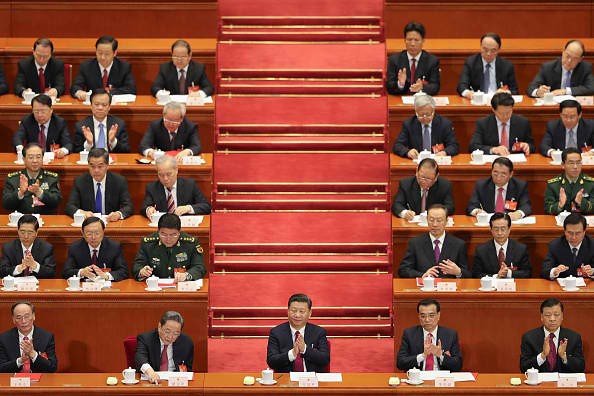The closure of the National People's Congress required the approval of the Party's annual government report. For the first time in a decade, the dissenting votes were at its lowest.
There were only 14 out of 2,838 Party members who expressed opposition to the annual report and the targets for the coming year. Those who were not in favor this year are fewer from 101 opposing votes during Hu Jintao's term.
The decrease in the number of votes from the opposition means that Xi is gaining the trust of his comrades. Xi has called for Party unity and loyalty, which he has now achieved.
Jerome Cohen, a professor at the New York University School of Law, said that the Chinese leader has finally gained the trust of his colleagues in government.
He said, "Since Xi Jinping's ascendancy and particularly today, it is clear that the party has brought the legislature to heel."
"The annual voting records provide an unusually clear symbol of what has taken place politically, just as the numbers in environmental smog reports clearly delineate increasing pollution," he added.
The decrease in the dissenting votes manifests that the Communist Party is solidly behind Xi's plans for the country's green revolution, anti-corruption campaign, and the One Belt One Road initiative.
Zhan Zhongle, a Peking University law professor, said that China has made great strides in harnessing its political and legal capabilities.
He said, "The NPC has made progress since 2014 in areas including lawmaking capacity."
The Harvard Kennedy School's Ash Center for Democratic Governance and Innovation conducted a survey in 2014 that revealed that President Xi Jinping already was favored domestically.
In a scale of 1 to 10, President Xi got an average of 8.7 from respondents, which made him strongly favored by the Chinese people. In comparison, Russian President Vladimir Putin received 8 out of 10.



























